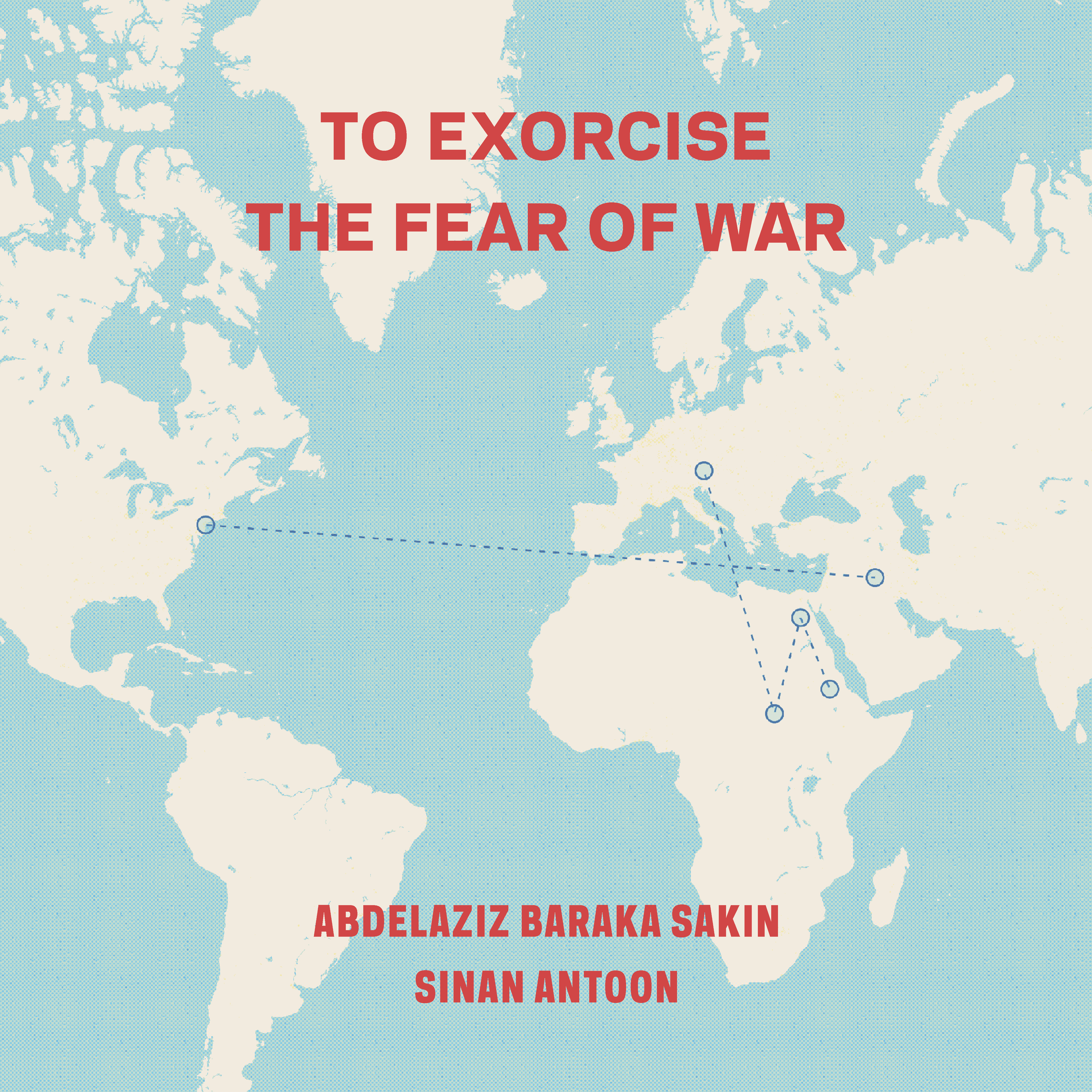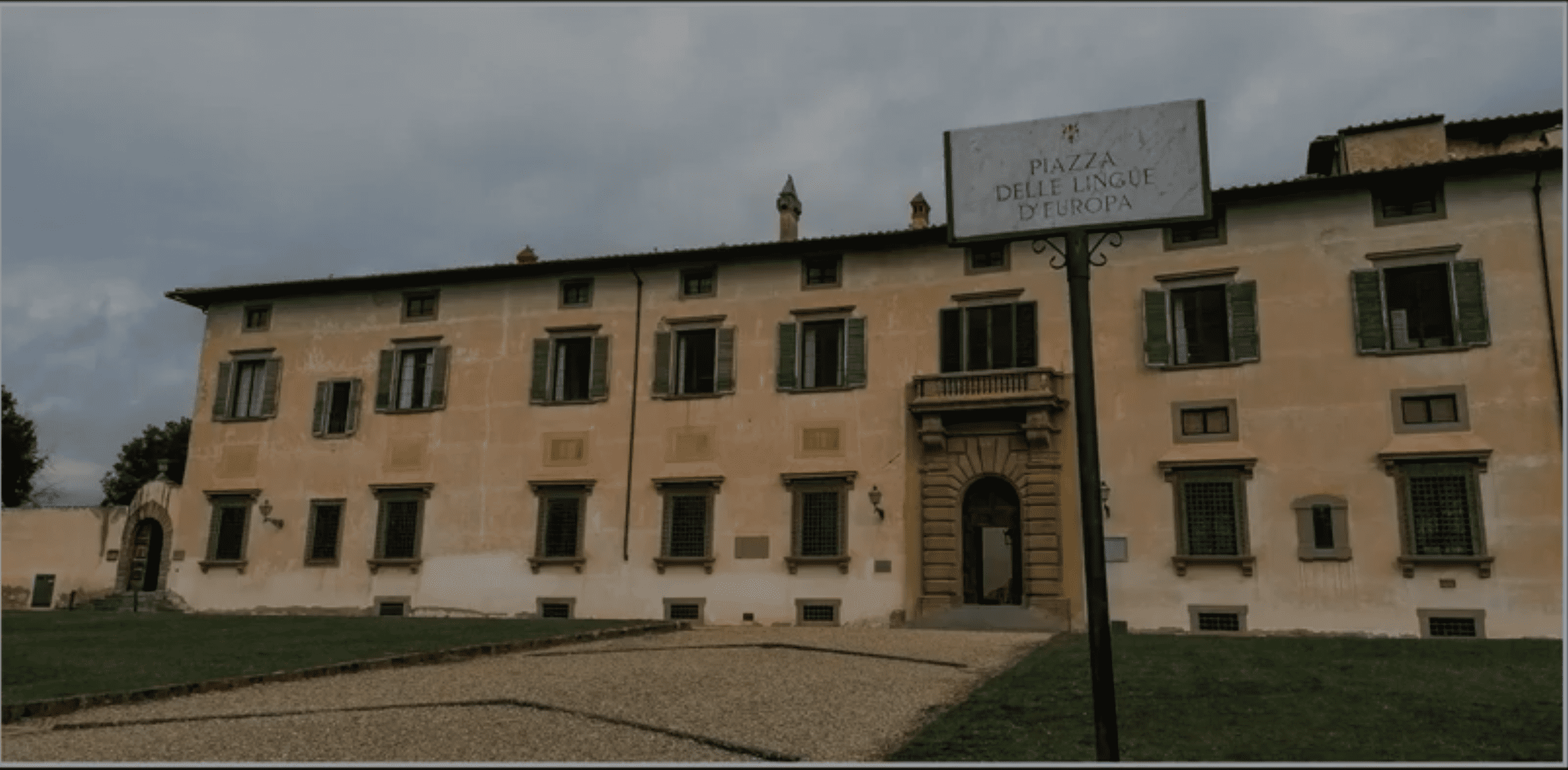To Exorcise the Fear of War
Friday, November 18, 2022 12:00 pm EST

To Exorcise the Fear of War: Abdelaziz Baraka Sakin in conversation with Sinan Antoon. Join us on Friday, November 18, 2022, from 12:00 p.m. to 1:30 p.m. ET.
Abdelaziz Baraka Sakin is one of Sudan’s most prominent and popular authors. He was born in 1963 in Kassala, East Sudan; his family is originally from Darfur. He studied business administration in Assiut, Egypt. Upon returning to Sudan, he worked as a secondary school teacher, and, from 2000 to 2007, for the NGO Plan International Sudan. Sakin has written many novels and collections of short stories, including al-Jango (2010), which won the al-Tayyib Salih prize and was, shortly after, banned by the Sudanese government. In 2012, his books, including Woman from Campo Kadis (2004), were confiscated from the Khartoum book fair and banned. In 2012, Baraka Sakin left Sudan, seeking exile in Austria, where he has lived since. He publishes his books in Cairo.
Sinan Antoon is a poet, novelist, translator, and scholar. He was born and raised in Baghdad where he finished a B.A in English at Baghdad University in 1990. He left to the United States after the 1991 Gulf War. He was educated at Georgetown and Harvard where he obtained a doctorate in Arabic Literature in 2006. Antoon has published three collections of poetry and four novels in Arabic. His work has been widely translated, and he is the translator of works by Mahmoud Darwish, Saadi Youssef, and Ibtisam Azem. Antoon is an Associate Professor at New York University’s Gallatin School and co-founder and co-editor of Jadaliyya.
Literatures of Annihilation, Exile, and Resistance, launched by Azareen Van der Vliet Oloomi, is a research collective and lecture series co-sponsored by the College of Arts and Letters and the Kroc Institute for International Peace Studies at the University of Notre Dame, and housed at the newly launched Initiative on Race and Resilience, directed by Mark Sanders, Professor of English and Africana Studies. The series focuses on contemporary literature, film, and visual art that has been shaped by revolutionary and resistance movements, decolonization, migration, class and economic warfare, communal and state-sanctioned violence, and human rights violations. We aim to theorize new modes of contemporary literary and artistic resistance across national borders and to amplify the voices of scholars, artists, and writers of color whose lived experience is instrumental in forging new alliances across formal, linguistic and national boundaries.
For more information visit the event website.


